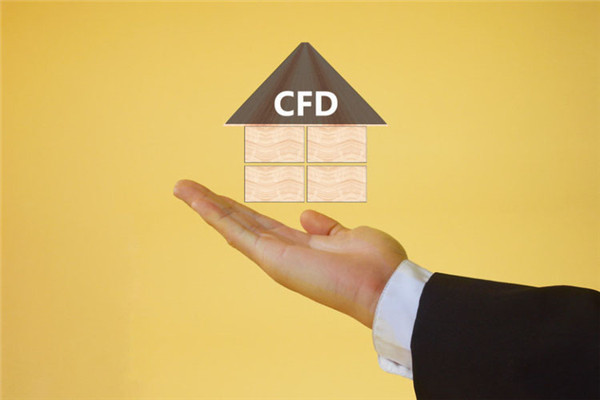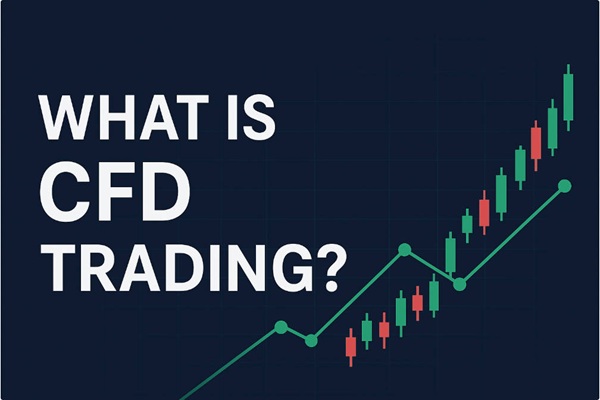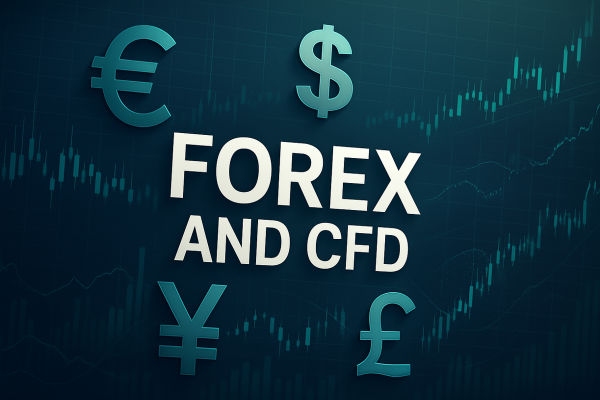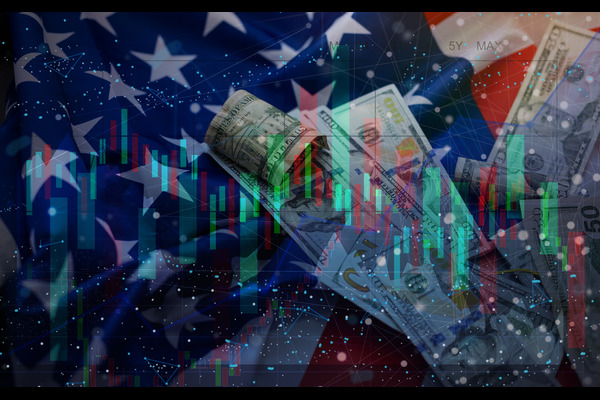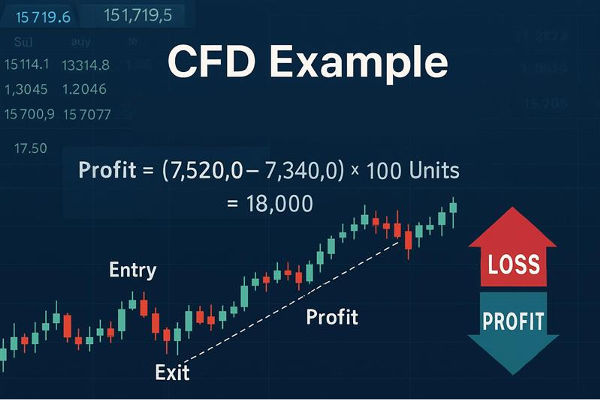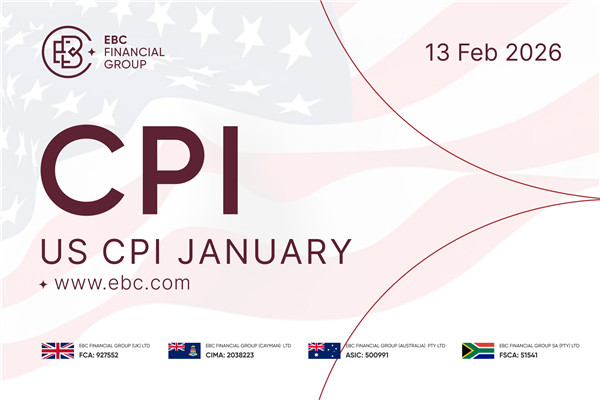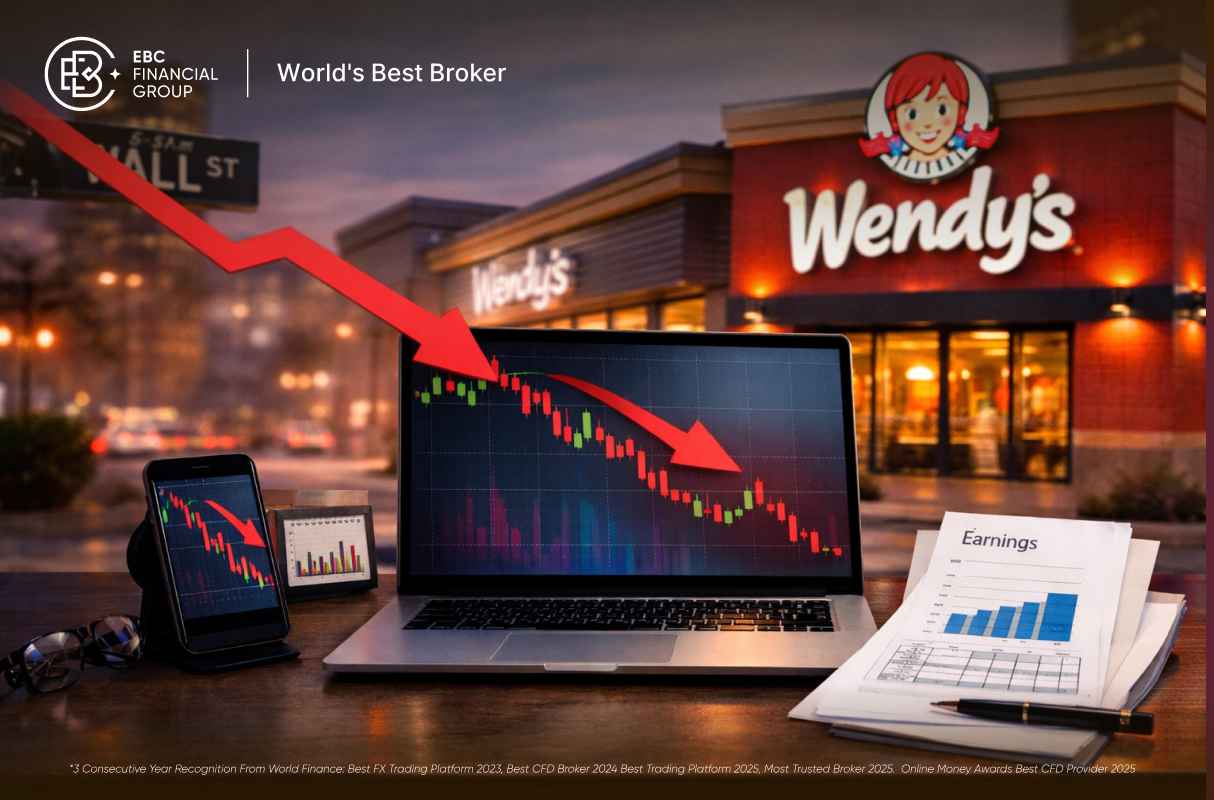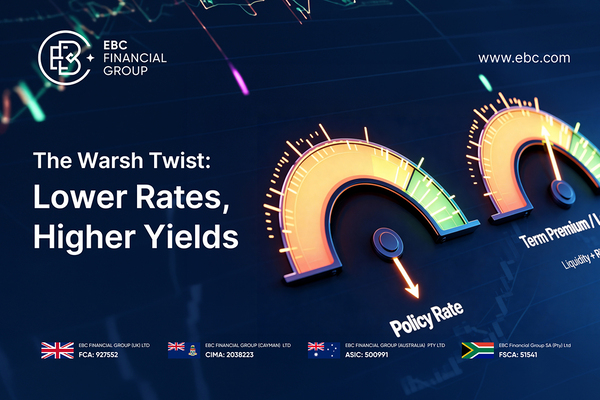Contract for Difference (CFD) and Spread Trading is two common trading methods for financial derivatives. Due to the fact that both contract for difference and spread trading are based on price differences, many traders cannot distinguish between contract for difference and spread trading.
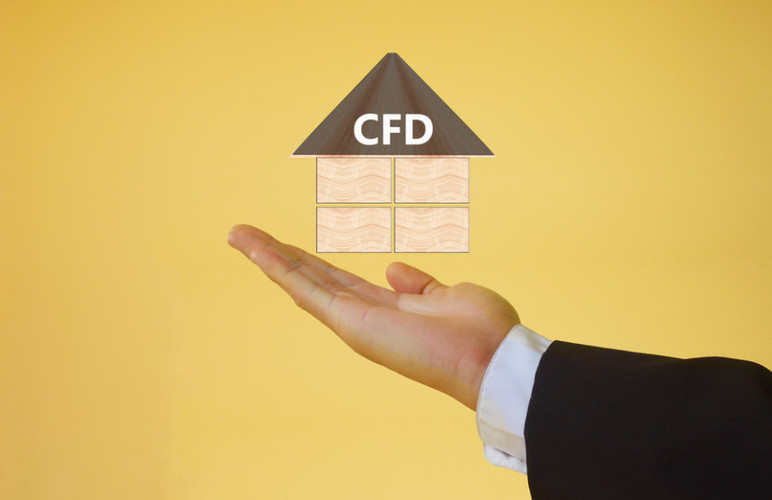
They have the following differences:
1. Different operating methods: There are differences in the operating methods between contract for difference (CFD) trading and point spread trading. cfd trading involves choosing to buy or sell a certain asset on the trading platform to profit from changes in asset prices. Spread trading, on the other hand, requires choosing the direction of the bet (bullish or bearish) and the amount of the bet to earn the price difference between the rise and fall.
2. Profit and loss calculation method: The profit and loss calculation of CFD trading is based on the actual changes in asset prices. For example, if you buy a stock on CFD, when the stock price rises, you will gain profits. The profit and loss calculation of spread trading is based on the difference between your predicted and actual results. For example, if you predict a stock price to rise but it actually falls, you will incur a loss.
3. Transaction costs: CFD transactions typically require the payment of transaction costs such as commissions, financing fees, overnight fees, etc. Spread trading, on the other hand, does not have these additional fees. Instead, the cost of spread trading is already included in the bet spread, which may be wider than the buy and sell prices in CFD trading.
4. Regulatory differences: CFD trading is a financial derivative that is strictly regulated by financial authorities and requires compliance with relevant regulations and rules. Spread trading is usually classified as a gambling activity and is not regulated by financial regulatory agencies.
Simply put:
In CFD trading, the currency units used are based on market and exchange settings, while spread trading allows you to choose your preferred currency unit.
When trading CFDs, the number of points is determined by the broker. In spread trading, you can choose the number of lots for each point.
【 EBC Platform Risk Reminder and Disclaimer 】: There are risks in the market, and investment needs to be cautious. This article does not constitute investment advice.
